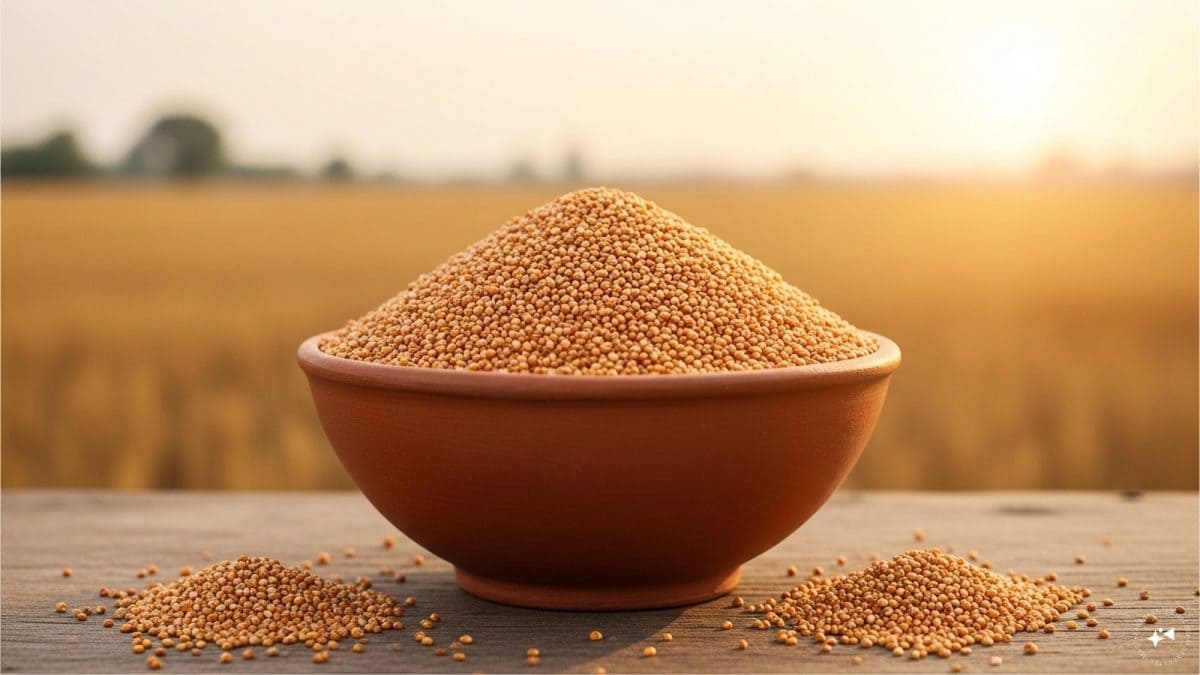Last Updated:
Regulars say jowar rotis and chapatis not only keep them full but also help manage lifestyle diseases like diabetes, which have surged with rice-heavy diets

Chapatis are sold with simple accompaniments like aloo curry or dal. For working families, who lack time to cook, the stalls in Karimnagar have become go-to spots for affordable, nutritious meals.
The Covid-19 pandemic changed the way many people look at health. From gyms and yoga to clean eating, the focus has shifted towards long-term wellness. One striking trend is the return of traditional foods that earlier generations swore by.
Recommended Stories
For centuries, people in India thrived on simple staples like rice, jowar, ragi, and wheat-based rotis. Today, modern diets heavy in pizza, burgers, and processed foods have cut life expectancy short—people who once lived into their hundreds are now struggling with health issues by their 60s. But change is underway. Post-Covid, many are switching back to wholesome options like jowar rotis, wheat chapatis, and ragi-based meals.
In places like Karimnagar, Telangana, this shift has sparked a quiet but powerful business movement. Self-help groups, largely run by women, are preparing and selling jowar rotis and chapatis in local neighborhoods. What started as small ventures are now thriving enterprises—Karimnagar’s Tower Circle alone boasts nearly 100 such stalls.
This is not flashy business — it is survival, self-employment, and health rolled into one. Ten women often come together to run a single outlet, selling jowar rotis with chutneys or curries for Rs 25. Chapatis are sold with simple accompaniments like aloo curry or dal. For working families, who lack time to cook, these stalls have become go-to spots for affordable, nutritious meals.
Most centres operate between 6 pm and midnight, catering to those who prefer lighter, easily digestible dinners. Regulars say jowar rotis and chapatis not only keep them full but also help manage lifestyle diseases like diabetes, which have surged with rice-heavy diets.
Even in cities, roadside carts selling jowar rotis are common at busy intersections. For many women, these carts are not just businesses but lifelines — providing income while promoting healthier eating in their communities.
Traditional foods, once fading from urban life, are now at the heart of a new health-conscious movement. And as they make a comeback, they’re also empowering small traders, proving that going back to the basics can build both healthier bodies and stronger livelihoods.
About the Author
The News Desk is a team of passionate editors and writers who break and analyse the most important events unfolding in India and abroad. From live updates to exclusive reports to in-depth explainers, the Desk d…Read More
The News Desk is a team of passionate editors and writers who break and analyse the most important events unfolding in India and abroad. From live updates to exclusive reports to in-depth explainers, the Desk d… Read More
Karimnagar, India, India
September 17, 2025, 16:57 IST
Loading comments…
Scan the QR code to download the News18 app and enjoy a seamless news experience anytime, anywhere



